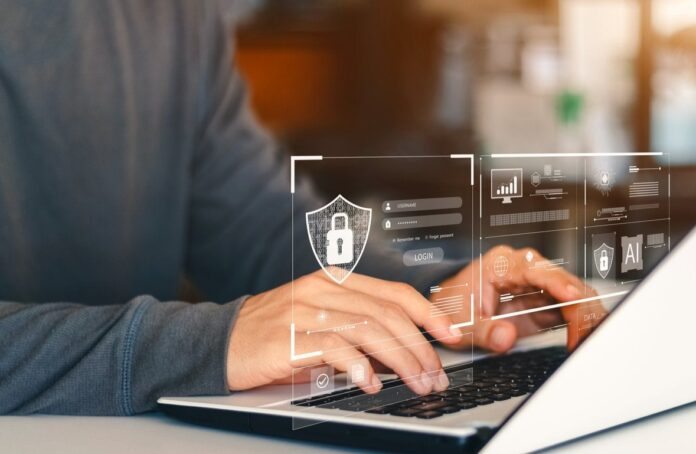There are millions of cases of identity theft every year. Unfortunately, for many victims of cybercrime, it won’t be the first or last time they’re targeted. Cybercriminals continually look for ways to find profit at the expense of vulnerable and unsuspecting individuals. Anyone can be targeted online, whether through access to a social media account, an unsecured website or the use of public Wi-Fi.
Personal cybersecurity, in simple terms, is an investment in protecting personal data such as protected health information, banking information, intellectual property, business information and much more from theft. Because the risk of cybercrime is sky high, all internet users should carefully consider why investing in personal cybersecurity is important.
Scams Through Social Media
Rates of fraud initiated on social media platforms have skyrocketed in just the last five years. In 2020, over $4.2 billion was reported stolen by individuals — more than half of what was reported stolen in 2017, 2018 and 2019 combined — from online scammers. Individuals who lack personal cybersecurity protection when using cloud storage, conducting electronic banking or sharing personal information on social media and other public websites are extremely vulnerable to attacks.
Targeted Demographics
Identity theft is a crime of opportunity. Cybercriminals frequently target individuals who don’t regularly check for signs of online crime and who are unlikely to report unusual activity to authorities. These groups may lack the necessary tools and resources to properly defend themselves from online crime. The most common groups include:
The Elderly
When the elderly become victims of cybercrime, the median amount of financial loss is much higher than for younger victims.
The Young
Children are frequently targeted for their Social Security numbers. Identity thieves seek to exploit the clean credit records of younger populations.
Active Military Members
The active-duty military is also a target of cybercrime because they’re less likely to check their credit reports and notice problems while deployed.
Common Routes of CyberAttack
Individuals frequently make purchases and pay bills online, access business, medical and other government websites, and exchange personal information on social media platforms. This access opens them up to cyberattacks, which commonly occur using the following vectors:
Unsafe and Unsecured Wi-Fi Connections
Individuals who use the internet without antivirus software or a proper firewall can become targets of hackers.
Unsecured Websites
Individuals may not easily identify the difference between unsecured websites and secure ones that use HTTPS domains. This lack of understanding may lead to the loss of important personal data. Furthermore, using easy-to-guess or weak passwords across multiple websites often leaves individuals at greater risk of attack.
Phishing
Phishing is the attempt to gain access to sensitive data under the guise of credibility or perceived threat. Online phishing scams target unsuspecting individuals and provoke them to visit websites, surrender personal information or download malicious software.
Understanding the Risks
Regardless of age, income or location, identity theft can happen to anyone. It’s important to understand the risks and take necessary steps to prevent becoming a victim of this kind of crime.
Individuals who understand the risk of identity theft online are better equipped to protect themselves and others. Norton with LifeLock makes it easy for customers to find a customized personal cybersecurity plan. LifeLock plans and pricing are available to view and compare side-by-side to determine which personal cybersecurity plan is best for you.





